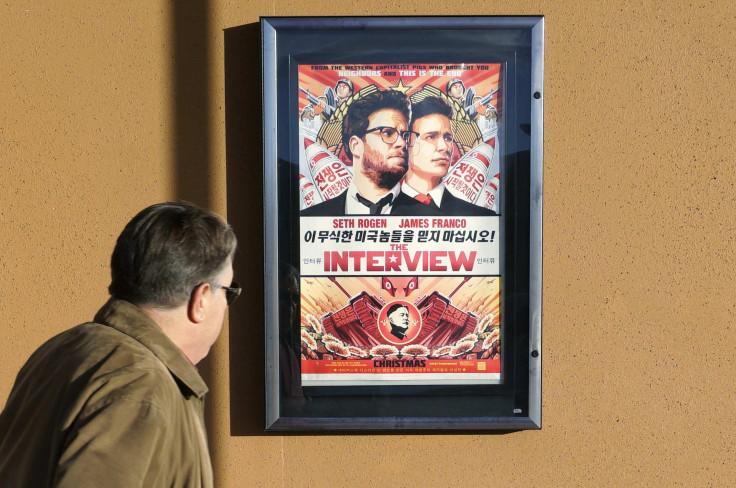North Korea's Internet, Phone Networks Still Down Amid Tensions With US Over Sony Hack

North Korea’s Internet and 3G mobile networks were still down Saturday, according to China’s official Xinhua News Agency. There have been systemic communication-system outages in North Korea during the past few days, and its government is pointing a finger at the U.S. However, some have indicated China could be behind its online woes, Reuters reported.
“The United States, with its large physical size and oblivious to the shame of playing hide and seek as children with runny noses would, has begun disrupting the Internet operations of the main media outlets of our republic,” North Korea’s National Defense Commission said in a statement carried by the official Korean Central News Agency Saturday.
Only a few thousand North Koreans have Internet access, which is heavily restricted. All of the country’s entire Web traffic passes through Chinese routers. Despite a long-standing alliance between the two countries, there has been speculation China is irritated by North Korea’s truculence. However, China has remained silent on the matter, Business Insider reported.
Word of North Korea’s Internet troubles came just days the FBI confirmed the North Korean government was responsible for the cyberattack on Sony Pictures Entertainment, which led to the canceled release of “The Interview,” a satirical film depicting a fictional assassination plot against North Korean leader Kim Jong Un. The FBI also said China may have had a role in the attack. The hackers made public confidential emails, salary information and unreleased movies, while threatening terrorist attacks on theaters showing the movie. However, the claims against North Korea “have raised eyebrows among private security researchers. Many just don’t believe it,” NPR reported.
Sony decided to release the film online and in several hundred small theaters, after U.S. President Barack Obama said at his year-end press conference that the entertainment company “made a mistake” by yielding to the wishes of a dictatorship. Obama called the attack “cybervandalism” and pledged a “proportional response,” but did not elaborate on how or when.
The North Korean government subsequently lashed out at Obama with an apparent racial slur and blamed the president for the movie’s release, as noted by NPR. “Obama always goes reckless in words and deeds like a monkey in a tropical forest,” North Korea’s National Defense Commission reportedly said in its statement Saturday.
North Korea has flatly denied any involvement in the attack and has threatened consequences for any counteraction taken by the U.S.
North Korea and the U.S. do not have formal diplomatic relations and are technically still at war, because the Korean War ended in 1953 with an armistice rather than a peace treaty. Over the years, the two countries also have clashed over North Korea’s nuclear and missile programs, as well as its alleged human-rights abuses. There are about 28,000 U.S. troops stationed in South Korea, according to the Associated Press.
© Copyright IBTimes 2025. All rights reserved.





















